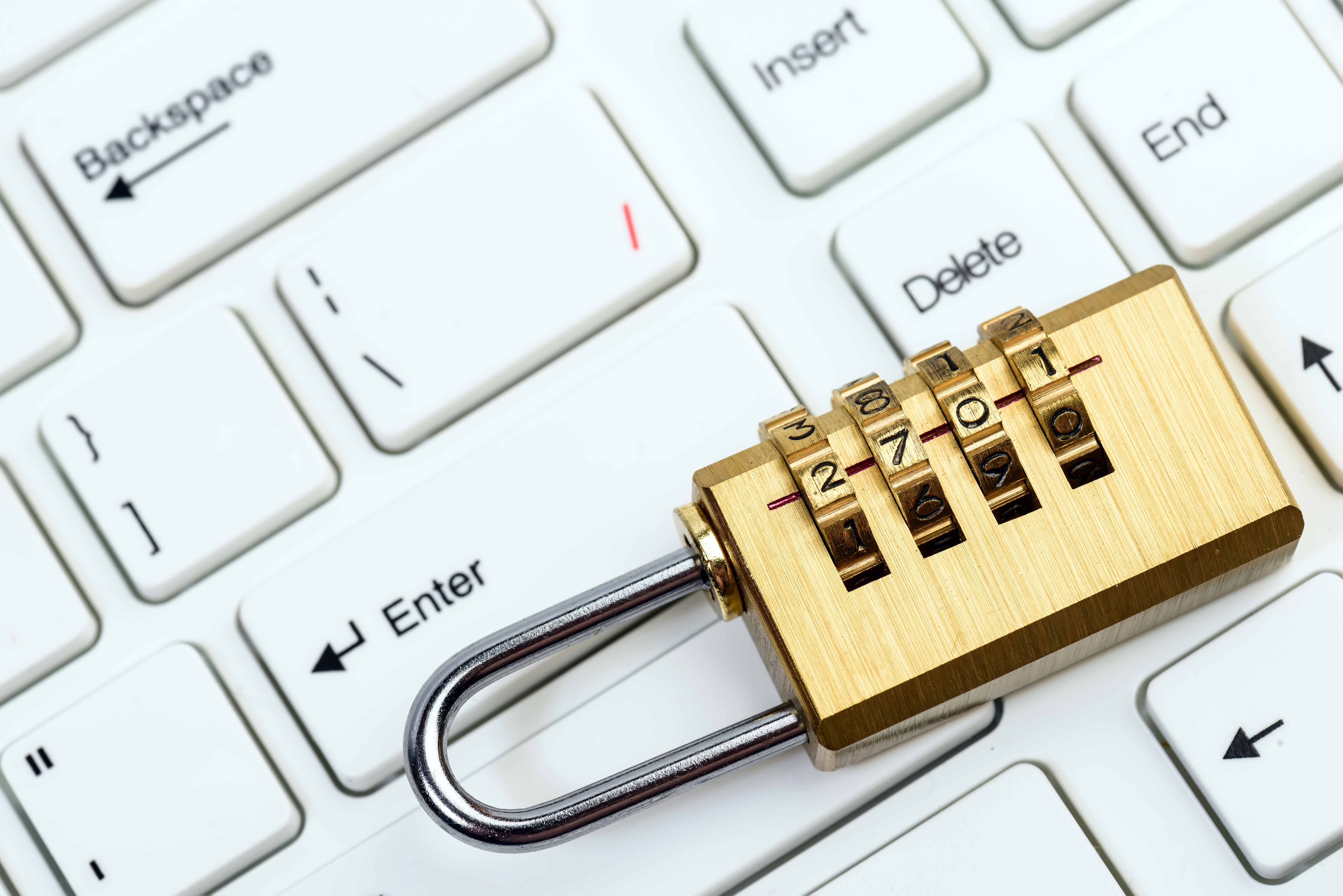Online security always begins with education. The more that users know about online risks, the better they can protect themselves. This is particularly critical for businesses, where dozens or even hundreds of people use the same Internet service and have the potential to put one another at risk. Thus as a business owner or manager, you must make sure your employees understand online security best practices, starting with:
Avoiding Insecure Connections

Certain connections are less secure than others. WiFi, for example, is highly vulnerable to outside theft and attacks, which is why your business should opt for alternative connections that are harder to hack. But even if your company uses a secure connection, your employees could still make some of your information vulnerable by using WiFi off-campus. Therefore, educating your staff not to use company devices or access company files with connections that you haven’t approved is important to security.
Backing Up Important Data
Ransomware and other online attack methods often involve denying your company access to key files and programs that you need to do business. You can minimize this risk by backing up everything you need on a server that is physically and digitally isolated from your main network. But this only works if you store all essential data on this server, which requires that each employee backs up their files in this way. Get your workers into the habit of frequently sending and storing their important files to this server. If you encourage them to do this on a regular basis, you minimize the odds that anyone will forget to upload something they need.
Promoting Strong Passwords
Quality passwords prevent outside attackers from getting into your network in the first place. If you create additional, distinct passwords for sensitive files and systems, you stop those who do get in from causing any real damage. Require your employees to create multiple strong passwords for their accounts and the most important data stored within them. Educate them on what makes a strong password, specifying that they should use long terms that contain a mixture of letters, numbers, and special characters. Then encourage your employees to update all their passwords every few months.
Investigating Strange Activity

Despite strong passwords and secure connections, thieves and rivals may still get into your computer networks, in which case your best bet is to identify them and take decisive action as soon as possible. But this only works if your employees know to look for and report suspicious activity. Educate your workers on what such activity looks like. Then, let them know how to contact your account manager, and encourage them to do so whenever they think they’ve identified a threat.
Takeaways
These are the best online security practices to keep your employees and company networks secure:
- Steering clear of insecure connections when using company devices or files
- Backing up all important data on servers that are fully isolated from your main network
- Creating strong passwords for their accounts and all important files and programs
- Learning to identify suspicious activities and report them to your account manager
Phoenix Internet offers secure connections, access to a qualified account manager, and other benefits to promote secure, efficient Internet. For more information or to obtain a connection for your company, visit our website today.

